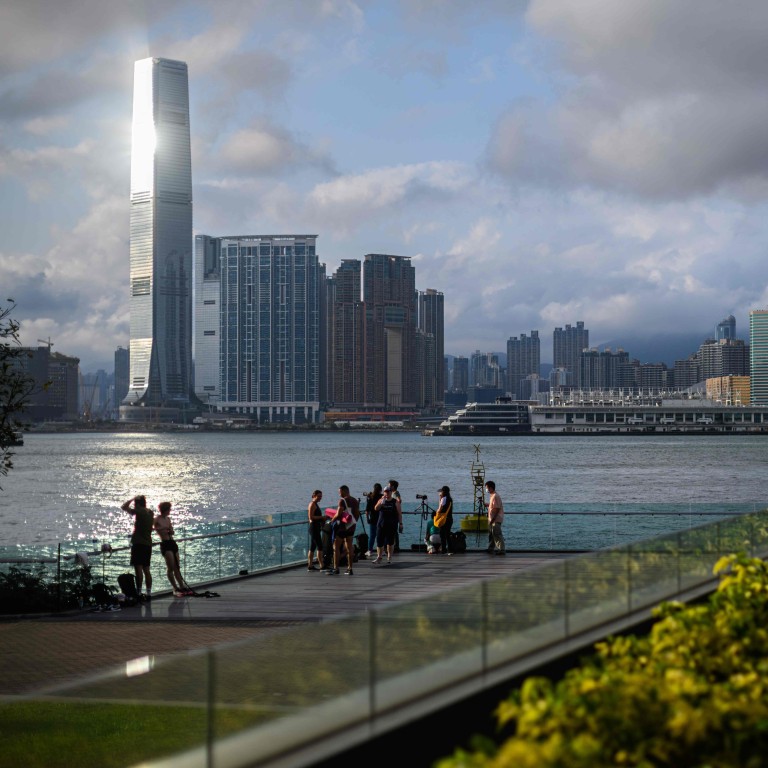
Hong Kong maintains top 5 ranking but slides three spots in annual economic competitiveness report after year of protests
- Local economy hurt not only by social unrest but knock-on effect of China’s economic issues, Switzerland-based IMD says in 2020 report
- Singapore, Denmark, Switzerland and the Netherlands took top four slots, while effect of potential US sanctions going forward remains unknown
Singapore topped the IMD World Competitiveness Centre’s list for the second year in a row – followed by Denmark, Switzerland and the Netherlands – thanks to its strong economic performance driven by robust international trade and investment as well as employment and labour market measures. Switzerland-based IMD unveiled its latest rankings on Tuesday.
The city state also received strong marks for its education system and technological infrastructure.
[We] have to see if the US will sanction Hong Kong or China. On the effects of the national security law, it will depend on whether the city becomes unstable after the legislation
“Hong Kong SAR came in at 5th. This is a far cry from 2nd, which it enjoyed last year. The decline can be attributed to a decline in its economic performance, social turmoil in Hong Kong as well as the rub-on effect of the Chinese economy,” the report said.
Hong Kong’s economic performance ranking dropped from 10th to 28th, with the “domestic economy” subfactor registering an even steeper plunge, from 18th to 49th. But other economic subfactors such as “international trade” and “international investment” remained unscathed.

Its ranking in government efficiency and business efficiency stood first and second, respectively, the same as last year, while its infrastructure position improved to 14th.
“The social unrest involving a high level of violence, acts of vandalism and intimidation of people holding a different political standpoint has also affected how Hong Kong was perceived,” he said.
Hong Kong economy contracted 1.9 per cent in 2019, IMF forecasts, as protests and weak global growth take toll
“Certain survey indicators of the IMD report showed that survey respondents were deeply concerned about Hong Kong’s social and political stability.”
He added that the national security law represented a necessary safeguard amid emerging threats and organisations advocating “Hong Kong independence”.
“We must stress that the national security legislation will not affect Hong Kong's high degree of autonomy under ‘one country, two systems’,” he said, adding the city’s economic integration with the mainland would bring economic opportunities and help maintain its institutional strengths and core competitiveness.

“We also have to see if the US will sanction Hong Kong or China. On the effects of the national security law, it will depend on whether the city becomes unstable after the legislation,” he said.
His remarks followed a US State Department report that declared the city “no longer autonomous” from China in the wake of Beijing revealing its plan to tailor-make a law for Hong Kong prohibiting acts of subversion, sedition and secession.
Andy Kwan Cheuk-chiu, director of the ACE Centre for Business and Economic Research, predicted uncertainties around the new legislation could cloud the city’s status next year.
“It depends on the political sentiment,” he said. “Now, the political sentiment leads everything.”

